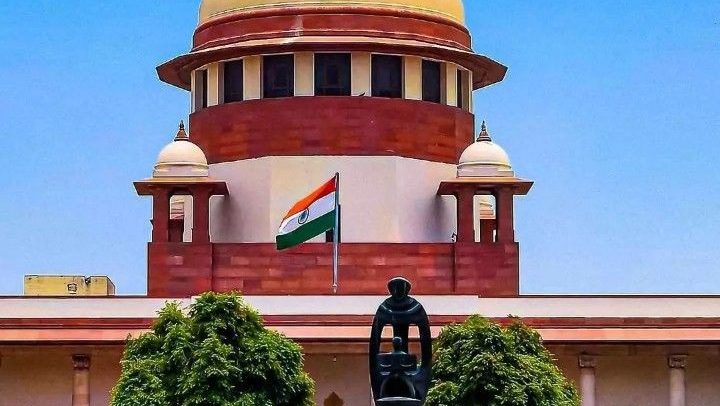INTRODUCTION
The Supreme Court of India, on October 22, 2024, questioned the National Commission for the Protection of Child Rights (NCPCR) regarding its stance on the Madrasa education system. The Court sought clarification of whether NCPCR had a similar stand on religious education institutions of other faiths. This question arose in the wake of an appeal before the Court against the judgment of the Allahabad High Court striking down the Uttar Pradesh Board of Madarsa Education Act, 2004, as unconstitutional.
The NCPCR intervened in the issue by raising a query on the alleged non-compliance of Madrasas with the Right to Education (RTE) Act. The commission has argued that religious studies in Madrasas could be viewed as a replacement for mainstream secular education and hence deprive children of their most fundamental right to education under Article 21A of the Constitution of India. The court confronts the NCPCR by questioning whether their attention appears to be centered on Madrasas and then inquiring if they have also considered other religious institutions, such as monasteries and pathshalas, which may have equivalent practices.
KEY ASPECTS
- Supreme Court’s Query: The bench, led by Chief Justice DY Chandrachud, inquired if NCPCR had adopted an “even-handed” approach in dealing with religious education across all communities. The Supreme Court questioned whether the NCPCR was applying equal scrutiny on all religious institutions, be it Hindu pathshalas, Christian seminaries, or Buddhist monasteries. The Court asked why the Commission was singling out Madrasas for attention and whether similar directives have been issued to ensure that other religious institutions were also being made to impart secular education in addition to religious instruction.
- In-depth Study of Madrasa Syllabus: Justice JB Pardiwala questioned whether the NCPCR had done proper analysis upon the syllabus of Madarsa before objecting to it. He raised concerns about whether the Commission had fully understood the difference between “religious instruction” under Article 28 of the Constitution and religious education given through a particular medium, insisting that an assumption-based approach may not hold true either.
- NCPCR’s Stand on Religious Education: Senior Advocate Swarupama Chaturvedi, appearing for the NCPCR, clarified that the Commission does not oppose religious instruction but is opposed to religious instruction being a substitute for compulsorily secular education. She pointed out that the aim was to meet Article 21A and to give children an integrated education that covers main stream subjects.
- Concerns Over Islamophobia: Senior Advocate MR Shamshad, representing the petitioners, argued that the NCPCR’s report contained objectionable and Islamophobic content that was being circulated in the media to create a negative impression of Madrasas. He further stated that if the state provided more secular schools in Muslim-majority areas, Madrasas would no longer be the primary option for education.
- Religious Instruction vs. Medium of Education: The Court noted the difference between provision of actual religious lessons (which is restricted by Article 28 in some contexts) and use of religion as a medium of education. The judges explained that teaching religion is not unconstitutional and made it clear that religious education is allowed as long as it’s done in the right way.
Thus, The Supreme Court questioning the NCPCR’s stance on Madrasas education raises important questions about fairness, religious freedom, and children’s right to education and holding that free and compulsory education, under Article 21A, must be provided by the State. Madrasas education was substituted with the normally structured secular education offered to all children through the state, which according to NCPCR affected the role played by the state in offering quality education to all children. This case poses the need to treat all religious communities fairly while ensuring that every child receives secular education. The decision of the Court will, therefore, affect the future policies on education in India with regard to how religious education is balanced with secular principles.
“PRIME LEGAL is a full-service law firm that has won a National Award and has more than 20 years of experience in an array of sectors and practice areas. Prime legal fall into a category of best law firm, best lawyer, best family lawyer, best divorce lawyer, best divorce law firm, best criminal lawyer, best criminal law firm, best consumer lawyer, best civil lawyer.”
WRITTEN BY- TEJASRI RAO


